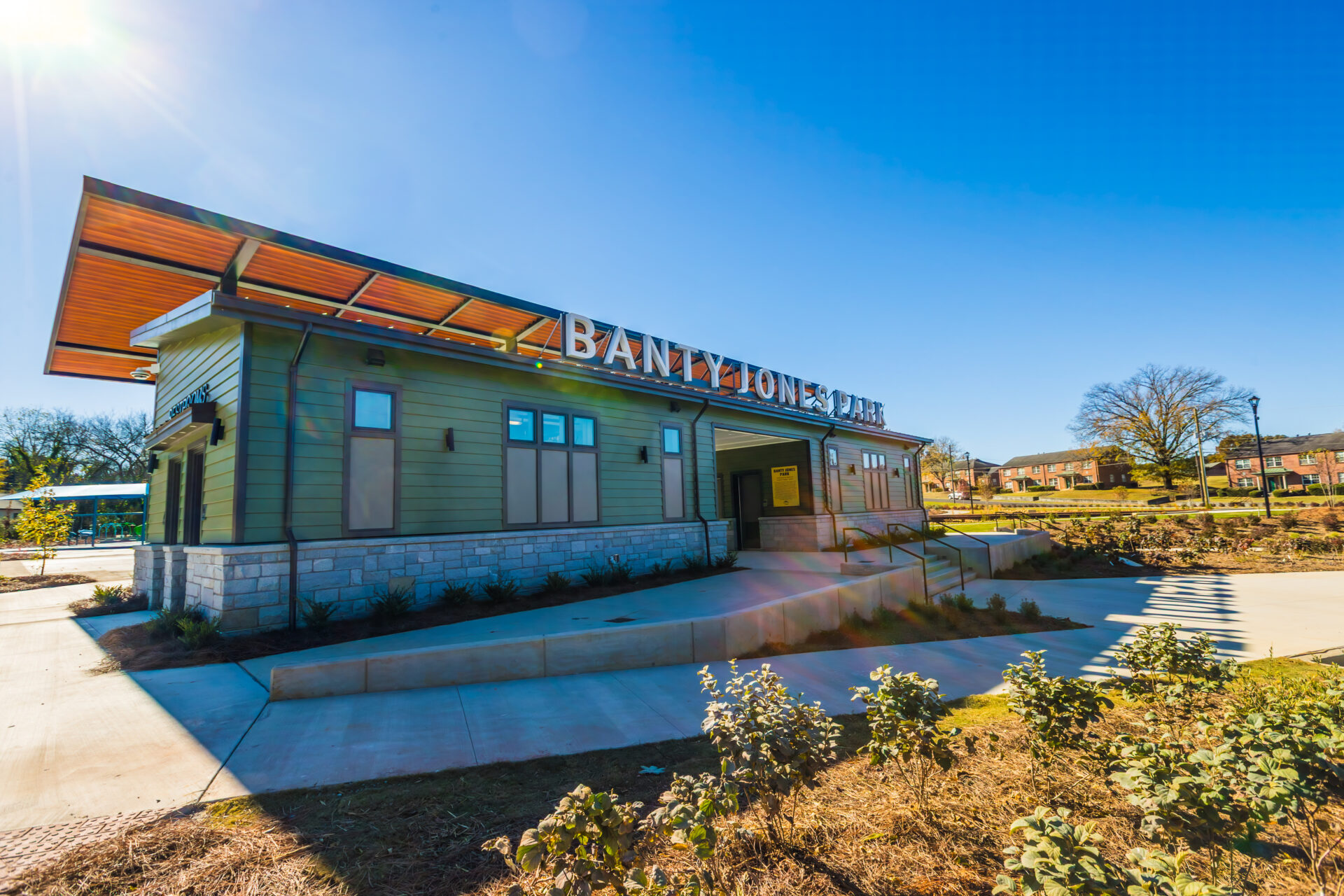
(NEW YORK) — A major new report shows stark disparities in breast cancer care, with non-white Americans and those without health insurance far less likely to be up to date with recommended screenings.
Women under the age of 65 who do not have health insurance are 50% less likely to be up to date with breast cancer screening, according to the findings of the 2024 AACR Cancer Disparities Progress Report 2024, released Wednesday by the American Association for Cancer Research, a nonprofit organization focused on breast cancer research.
The report also found that between 2015-2019 Asian and Pacific Islander women had the highest increase in breast cancer occurrences among all racial and ethnic groups.
Black women are at a 40% higher risk of dying from breast cancer compared to non-Hispanic white women, even though they are 6% less likely to develop breast cancer, according to the report.
Earlier this month, another organization, the American Cancer Society, launched a study of 100,000 Black women that aims to figure out why Black women are disproportionately impacted by cancer, including breast cancer.
Last year, a study released in the Journal of the American Medical Association found that Black women had the same risk of dying from breast cancer if they were screened starting at age 42 as the general population had with screenings starting at the age of 50.
The recommended age to start breast cancer screenings for most women of average risk is now 40, according to the U.S. Preventive Services Task Force, which in April released finalized updated guidelines.
The age for routine screening was dropped from 50 to 40 to account for the 2% increase in breast cancer diagnosis rates each year among women in their 40s, according to the USPSTF.
The updated recommendations will not impact insurance coverage, but by law, mammograms should be covered by insurance for all women 40 and older.
The USPSTF recommends that women in their 40s talk to their doctor about their individual risks.
In addition, many doctors recommend that women undergo a breast cancer risk assessment with a doctor by age 25 in order to understand the risk category in which they fall.
Dr. Matthew Schabath, program leader of the Cancer Epidemiology Program at Moffitt Cancer Center and a member of the steering committee for the 2024 AACR Cancer Disparities Progress Report, told ABC News that one of the biggest reasons that some women may not be up to date with recommended cancer screenings is lack of access to transportation.
“A common threat among minoritized and underserved populations… is transportation,” Schabath said. “Simply being able to travel to a healthcare provider has been a huge barrier… especially in the case of something like mammography, you can move the bar by having mobile mammography, bringing healthcare to the community.”
Experts say structural racism and discrimination also contribute to imbalances that drive disparities.
Patient-focused care will be of the utmost importance in addressing cancer screening and follow-up care, Dr. Robert Winn, director of the Virginia Commonwealth University VCU Massey Comprehensive Cancer Center and steering committee chair for the 2024 AACR Cancer Disparities Progress Report, told ABC News.
“We are aligning with the communities’ power to ultimately bring about better health,” Winn said.
In the United States, breast cancer is the second most common cancer among women, according to the Centers for Disease Control and Prevention.
Each year in the U.S., around 240,000 cases of breast cancer are diagnosed in women, and around 42,000 women die from breast cancer, according to the CDC.
Copyright © 2024, ABC Audio. All rights reserved.



